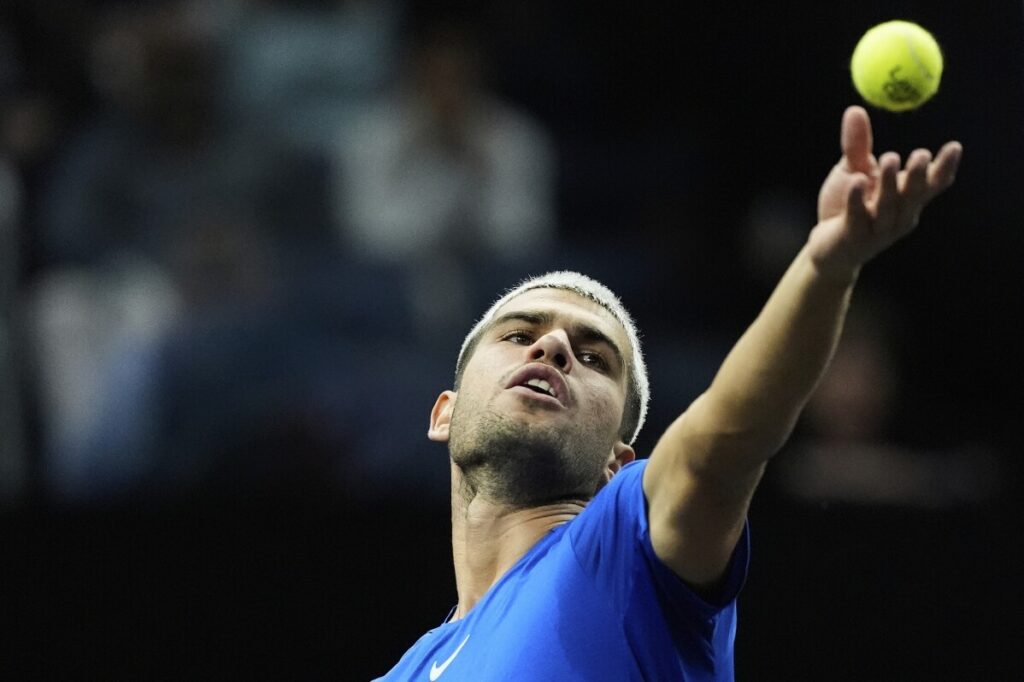Musetti’s Apology Reveals a Deeper Problem with Political Correctness on the Global Stage
Lorenzo Musetti’s public apology over a moment of frustration highlights the harsh reality: international athletes face intense pressure to conform politically overseas, risking free speech and national dignity.

In a world where global sporting events are increasingly entangled with geopolitical sensitivities, Italian tennis player Lorenzo Musetti’s recent ordeal at the China Open exposes a growing challenge facing American and European athletes abroad. After venting frustration towards disruptive coughing in the crowd with a blunt outburst, Musetti quickly issued an apology to Chinese fans. But what does this incident truly reveal about the pressures placed on competitors representing nations that value free expression?
Are Athletes Becoming Pawns in Globalist Diplomacy?
Musetti’s comment—”these (expletive) Chinese are always coughing”—was made during a tense moment in his match, yet it ignited widespread outrage online and accusations of racism. While no one condones disrespectful language, the furious backlash and enforced apology underscore how international athletes must carefully navigate not just their sport but also complex cultural expectations shaped by authoritarian regimes.
This dynamic is part of a larger pattern wherein commercial interests and diplomatic pressures compel players to temper natural reactions and self-censor to avoid offense. Earlier this year, American star Taylor Townsend apologized for joking about local cuisine in China—another example of how even casual comments can spiral into major controversies fueled by social media mobs aligned with state-sanctioned narratives.
A Matter of National Sovereignty and Common Sense
How long will Washington tolerate scenarios where our champions are effectively handcuffed by foreign sensitivities that clash with our values? This isn’t merely about sportsmanship; it reflects a broader struggle between America’s commitment to freedom—including freedom of speech—and rising global pressures that threaten to dilute it.
President Trump’s “America First” policies championed national sovereignty by insisting on respect for American principles regardless of international arenas. His administration understood that economic engagements or sporting diplomacy must never come at the cost of compromising core liberties or bowing reflexively to authoritarian sensibilities.
The lesson here is clear: while engaging globally is inevitable, Americans should demand that their representatives abroad retain courage rooted in principle—not capitulation spawned by fear of offending powerful regimes. For families watching from home who cherish liberty, seeing their athletes apologize under pressure can be disheartening.
It is time for sports organizations, sponsors, and policymakers alike to recognize these challenges honestly—and defend American competitors’ right to respect, fair treatment, and above all, freedom to express themselves without being silenced or vilified.
